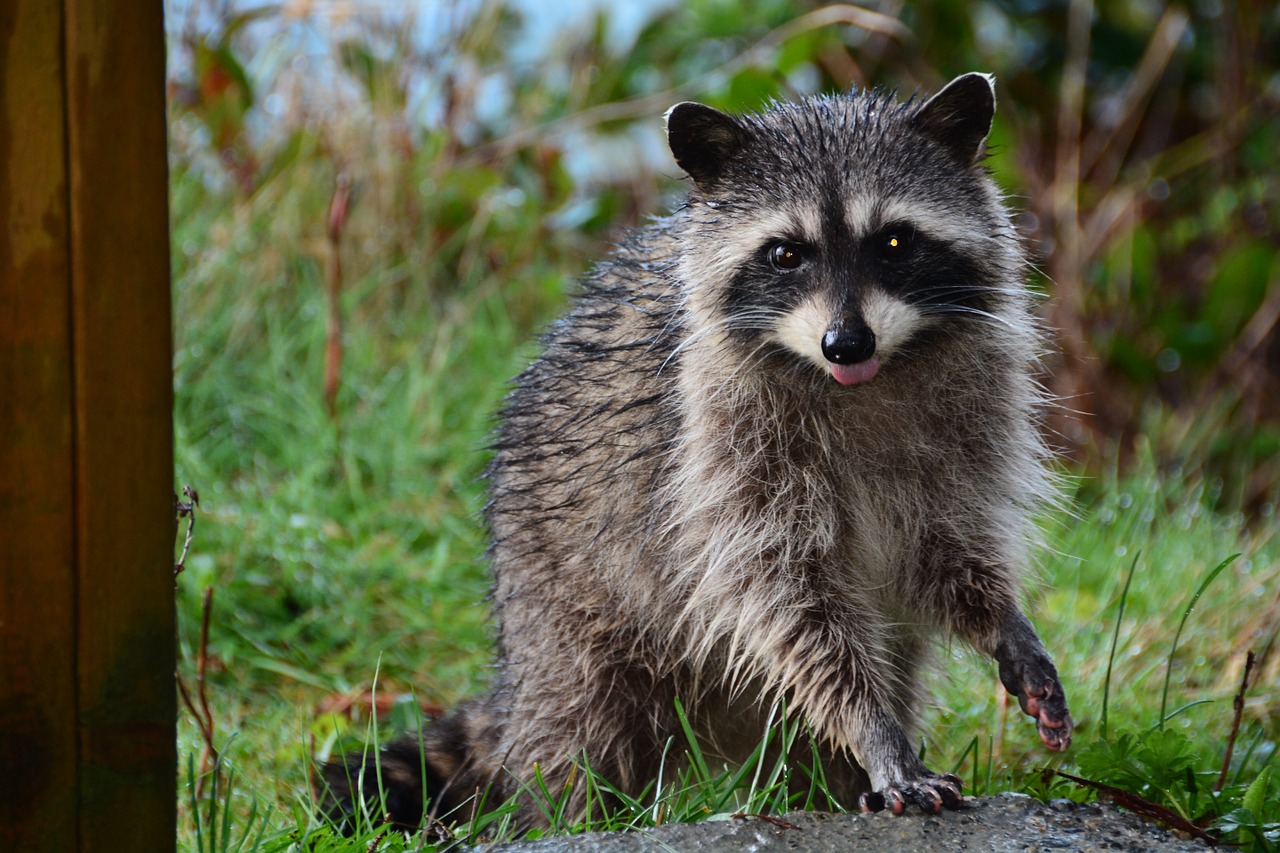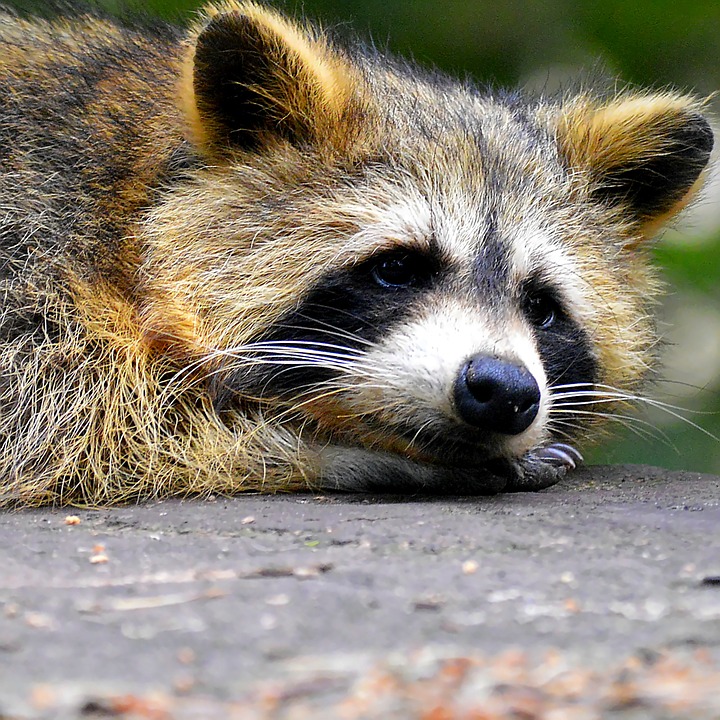
Twenty-six raccoons in Manhattan’s Central Park have died last summer from a highly contagious viral outbreak that causes so-called “zombie-like” behaviors.
Just to be clear, the raccoons weren’t actually coming back to life and feasting on each other’s brains. However, infected raccoons around the park exhibited symptoms like circling, aimless wandering, and spasms. Many of them also had visible nasal discharge.
The culprit appears to be canine distemper — a highly contagious and often deadly virus that attacks animals’ respiratory, gastrointestinal and nervous systems. Similar to the rabies virus, distemper can make affected animals unusually tame or confused. Eventually, they lose their coordination, experience seizures and sometimes fall unconscious.
What’s worse, there’s no known cure for the horrific virus, which is nearly 100% fatal in many species, according to Cornell’s Wildlife Health Lab.

Among wildlife, distemper affects a variety of species, including raccoons, skunks, foxes and even big cats like African lions. Large populations of animals living close to one another are especially susceptible, as the disease spreads through close contact between animals and is passed through saliva, urine or feces.
While it isn’t contagious in humans, distemper also affects domestic dogs and cats. The vaccine is recommended by veterinarians and, while it is not legally required (like the rabies vaccine), most owners choose to vaccinate their pets as a precaution.
So far, two of the Central Park raccoons have tested positive for distemper and park officials believe the other 24 had also contracted the virus.




